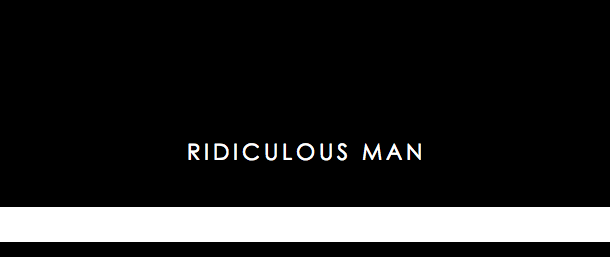Fyodor Dostoyevsky
In November 1844, Dostoyevsky finished writing his first story. He confides in Diary of a Writer that he had ‘written nothing before that time’. This was 22 years before the publication of Crime and Punishment, and 36 years before The Brothers Karamazov. Having recently finished translating Balzac’s Eugénie Grandet, he suddenly felt inspired to write a tale ‘of the same dimensions’. But he was not only prompted by artistic aspirations. Poverty also played a part. In a letter to his brother, Mikhail, just a few months earlier, he mentions being satisfied with a work-in-progress, and his hopes for greater financial stability: ‘I may get 400 rubles for it,’ he wrote, ‘and therein lie all my hopes.’First published in 1846, Poor Folk was both a critical and financial success, with one prominent critic hailing Dostoyevsky as the next Gogol. It is a short epistolary novel that traces a five-month love affair. And while it certainly owes something to Balzac’s masterpiece, the role that money plays in determining people’s fates has a distinctly Dostoyevskyan bite. Financial difficulties plagued the Russian novelist’s career, and are a recurrent theme throughout his work, from the destitute student of Crime and Punishment to The Gambler, written to pay off gambling debts. The writer confessed having money troubles in letters to his brother, and hoped Poor Folk could offer some kind of reprieve. It is through his pen, he says, that he hopes ‘to save the whole situation’, considering suicide as perhaps his only other alternative. Money, then, was one of the novelist's chief motivations, and one of his signature themes.
Poor Folk's narrative is conveyed through letters, exchanged between a middle-aged copy clerk and a young woman who lives nearby. Their correspondence gradually reveals a mutual emotional dependence, and offers lively and entertaining observations on human behaviour and nineteenth century life. But it is perhaps on the question (or problem) of money that the narrative is at its most powerful. From the beginning, their relationship and the lives they lead are fated by society’s economic demands. The narrative is part love affair, and part social commentary, exploring the way money defines individual status, and even love, as a series of financial transactions. Dostoyevsky’s characters are compelling and sympathetic, yet at the same time offer convincing psychological portraits of poverty’s devastating effects.
In a period of economic instability and at times profound struggle, it is worth suggesting Dostoyevsky as one of our truly modern writers. His work, which is dark and comic by turns, takes a long look at the political and economic structures that determine our lives. It is polemical but entertaining, philosophical but easy-to-read. His characters, though preoccupied with the demands of nineteenth century life, still feel modern and relevant today, whether they are civil servants or manual labourers. Nietzsche once described Dostoyevsky as the ‘only psychologist from whom I had something to learn’. And I think there is something valuable in that remark. I am not suggesting that we read Poor Folk to learn something new, far from it: the genius of Poor Folk lies in how it tells us what we already know.
Penguin Classics have published Poor Folk in an edition that also includes ‘The Landlady’, ‘Mr Prokharchin’ and ‘Polzunkov’. Translated with an introduction by David McDuff.
